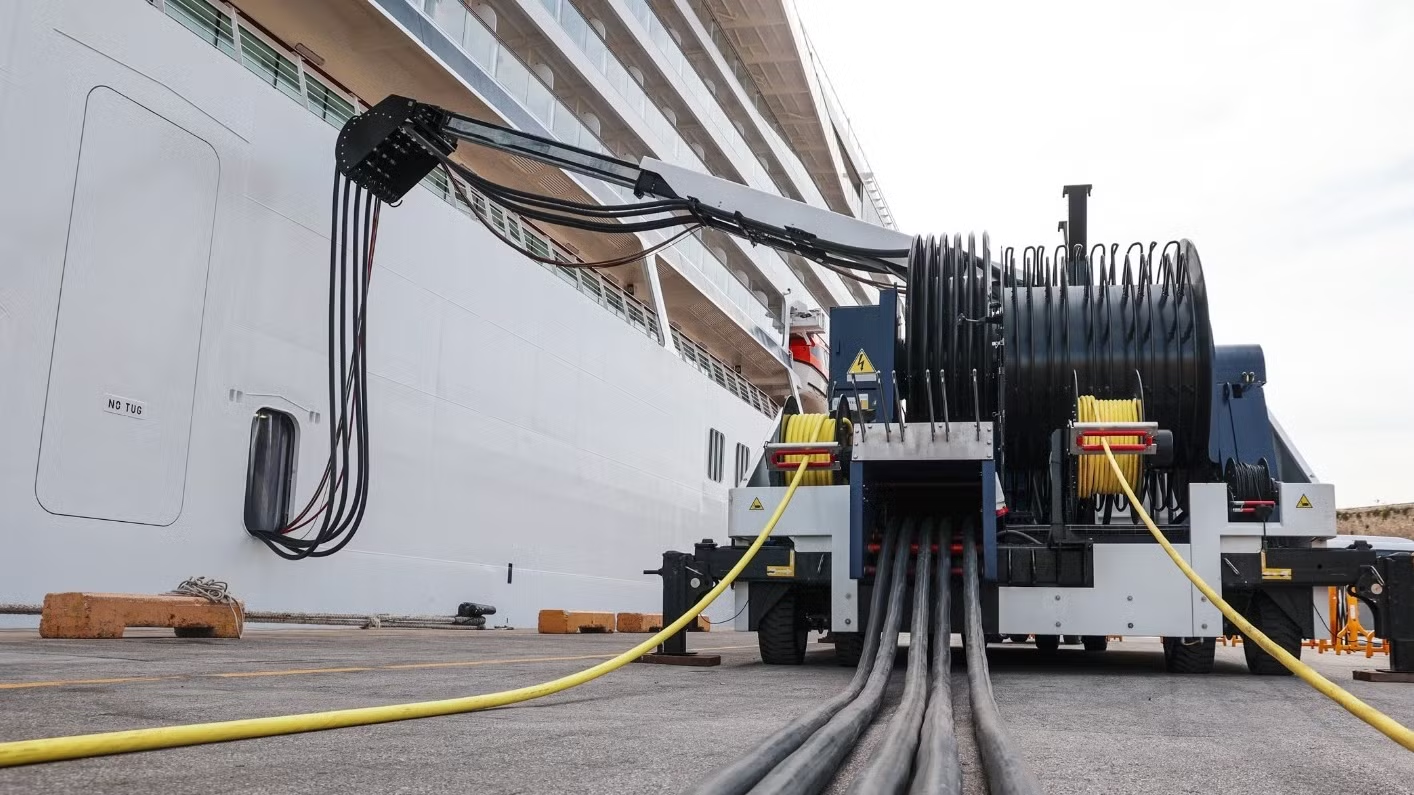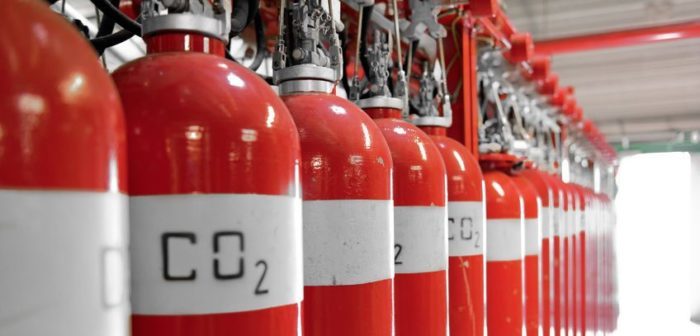NorthStandard P&I Club informs that Senegal, and the port of Dakar in particular, continues to be a hotspot for significant fines, with the latest update concerning fines related to misdeclaration of CO2 extinguishers.
According to NorthStandard, recent experience suggests the customs authorities have imposed penalties based on a perceived misdeclaration of CO2 fire extinguishing media on board the calling vessels. To attempt mitigation in such cases, consider declaring CO2 quantities in both number of bottles and weight.
Important checks
- All bunkers/oils on board (in tank. In use, drums, and cans) must be declared even if name of tank is not specified and check carefully the total generated on the reporting form (as provide buy your agent). The quantities must be precise as any discrepancy between the declared quantity and the inventory will lead to heavy fines. Customs Authorities will ask for information regarding the vessels last bunkering, date, quantities, and daily consumption to compare it with your ROB (fuel, diesel, and lube oil) declarations according to your engine Logbook. The Chief Engineer should be prepared to accompany customs officials for the FO, DO and LO tank inspections and soundings in order to confirm the quantities declared, as required.
- NO expired medicines, narcotics, or foods shall be kept on board.
- CHECK all ships certificates are valid and duly endorsed.
- CHECK all seafarers’ discharge books (CDC) include the signing on date with the ships stamp.
- CHECK all passports are in order. Yellow fever vaccination is compulsory and CHECK yellow fever certificates are in order.
- It is PROHIBITED to gift or sell or trade gas, oil, or paint to any person during the port stay. This includes the authorities.
- STRICTLY FORBIDDEN to smoke in the petroleum site.
- CHECK that all DG cargo is accompanied by complete and appropriate documentation including manifest and packing list, and containers marked with the appropriate stickers according to the IMDG code regulations. This applies to all cargo for discharging and in transit.
- CHECK you have a letter requesting permission, addressed to the Harbour Master to undertake any kind of activities in port (chipping, painting, welding, lifeboat testing, etc.). This will be duly signed on board upon arrival by the Harbour Master.
To remind, in December 2023, The Maritime Anti-Corruption Network (MACN) and the International Group of P&I Clubs have published a guide on Senegalese ports by providing an overview of port requirements for vessel clearance. Find out more by clicking here.































































